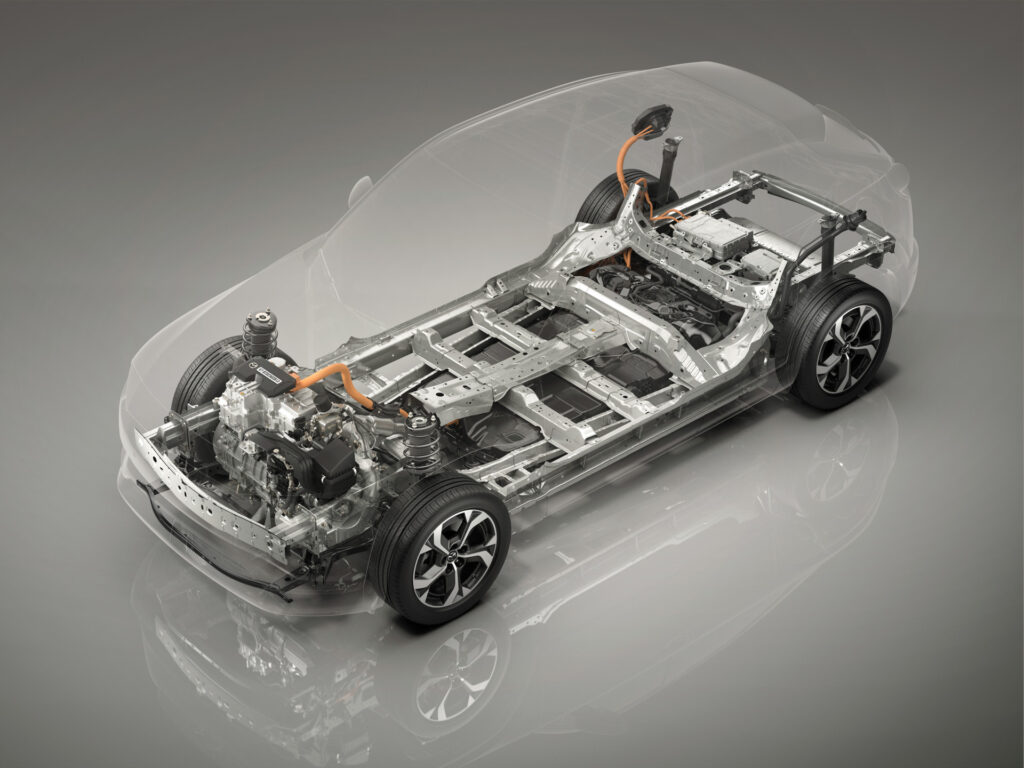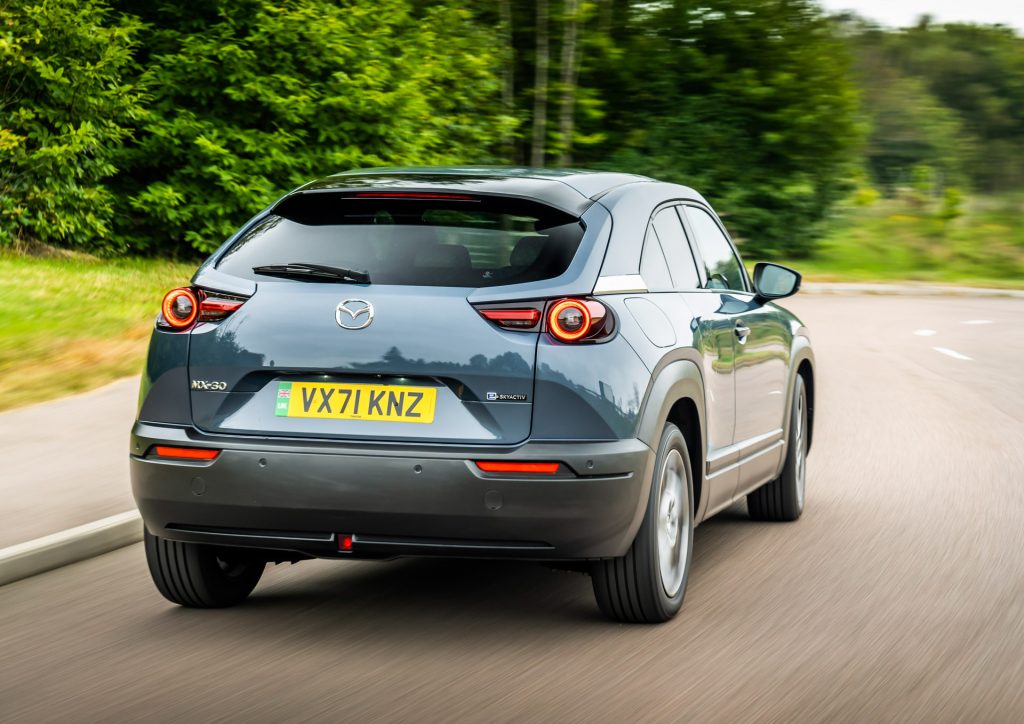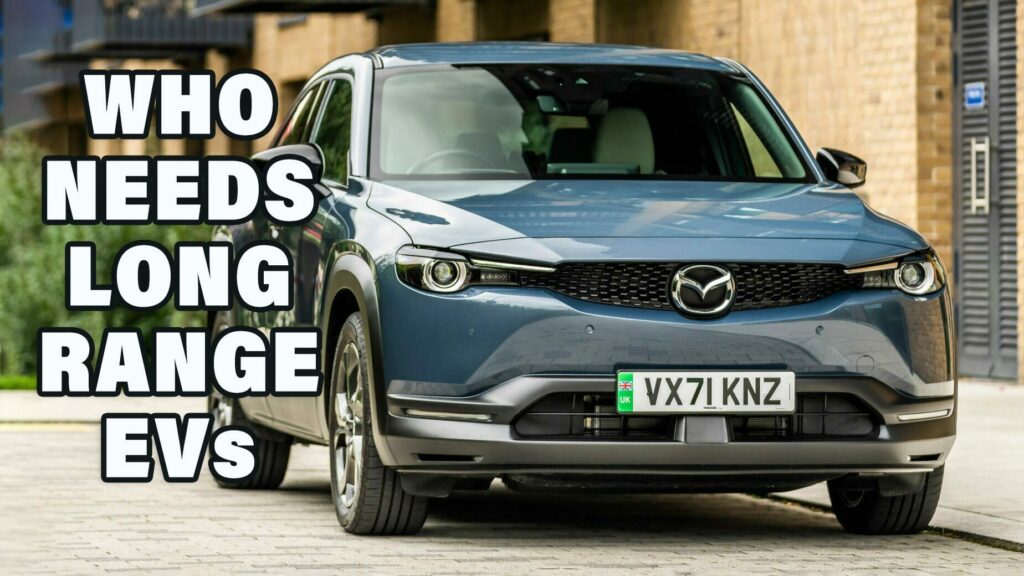The chief executive of Mazda USA has expressed skepticism towards long-range electric vehicles, suggesting that they may not be the most viable solution for the future.
While many car manufacturers are expected to push to increase the driving range of their forthcoming electric vehicles, Jeffrey Guyton says that most consumers don’t in fact need a vehicle with 300 miles or range, let alone any longer.
“I don’t think that’s really sustainable,” he said.
Read: Rotary-Boosted Mazda MX-30 E-Skyactiv R-EV Gains 21 HP, Solves MX Range Stress

Indeed, while speaking with Green Car Reports at the unveiling of the 2024 Mazda CX-90, Guyton suggested that EV owners will shift their priorities and needs based on experience, noting that once they realize the ease of charge an EV at home and that not all that much range is needed for daily driving, they won’t seek out long-range EVs.
Of more importance to the future of EVs will be the expansion and improvement of public charging infrastructure.
Guyton added that due to the finite resources used by electric vehicle batteries, it makes sense to use small battery packs that weigh less but can charge significantly quicker than current EVs. His logic is that if an EV with a small battery can be charged quickly, there’s no need to lug around a massive battery pack when chances are an urban-dwelling owner may only drive a few dozens miles per day.
Guyton’s statements come just a few weeks after the Japanese firm introduced a range-extender version of the electric MX-30, dubbed the E-Skyactiv R-EV. The vehicle sports a 17.8 kWh battery pack that provides it with 53 miles (85 km) of electric range. It then uses an 803 cc single-rotor petrol engine that acts as a range extender, effectively giving the vehicle a range of 373 miles (600 km) when the 50-liter (13.2 U.S. gallon) tank is filled. While Mazda believes charging speeds will be important moving forward, it takes 25 minutes to charge up the MX-30 E-Skyactiv R-EV’s tiny battery.




